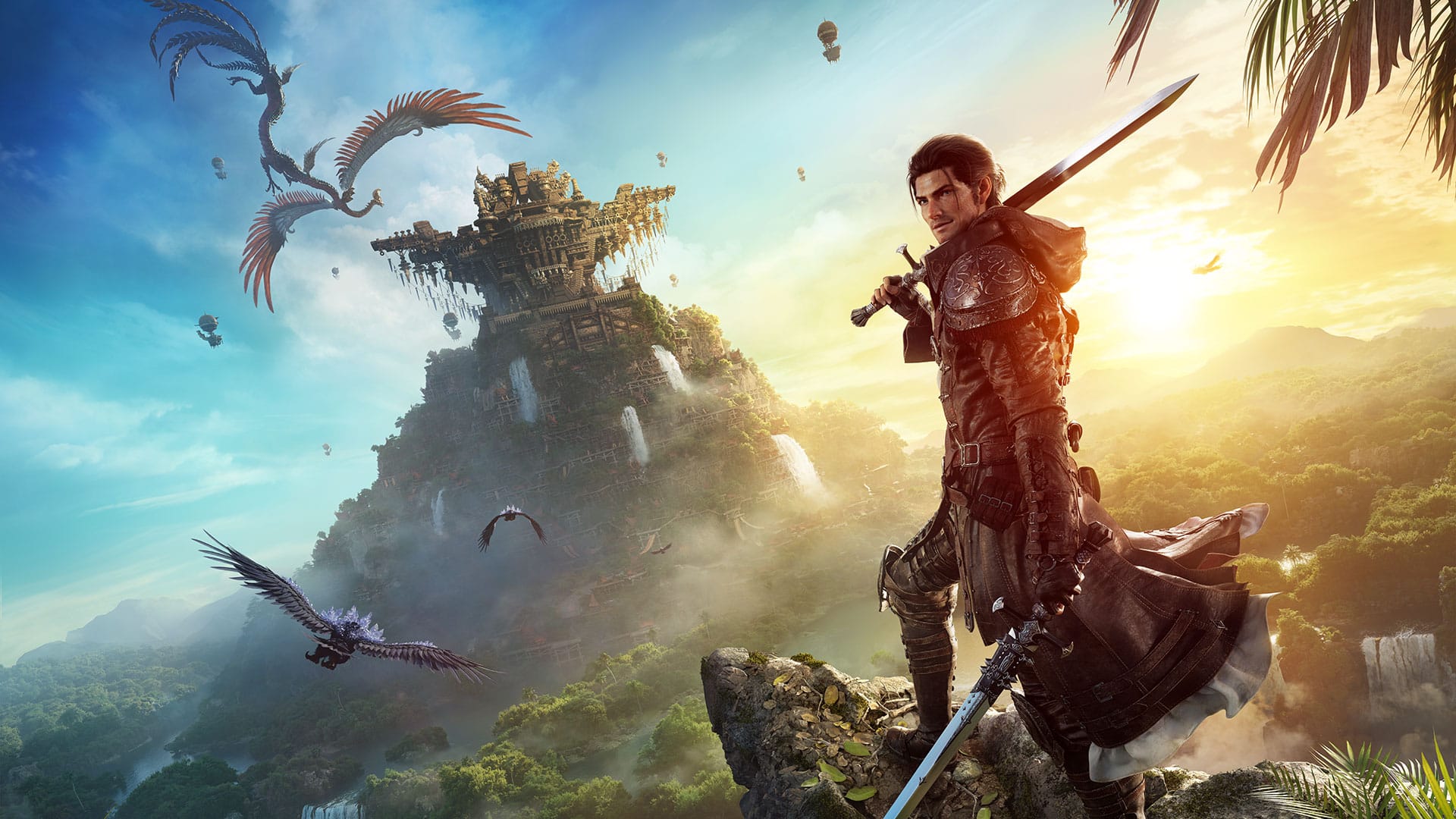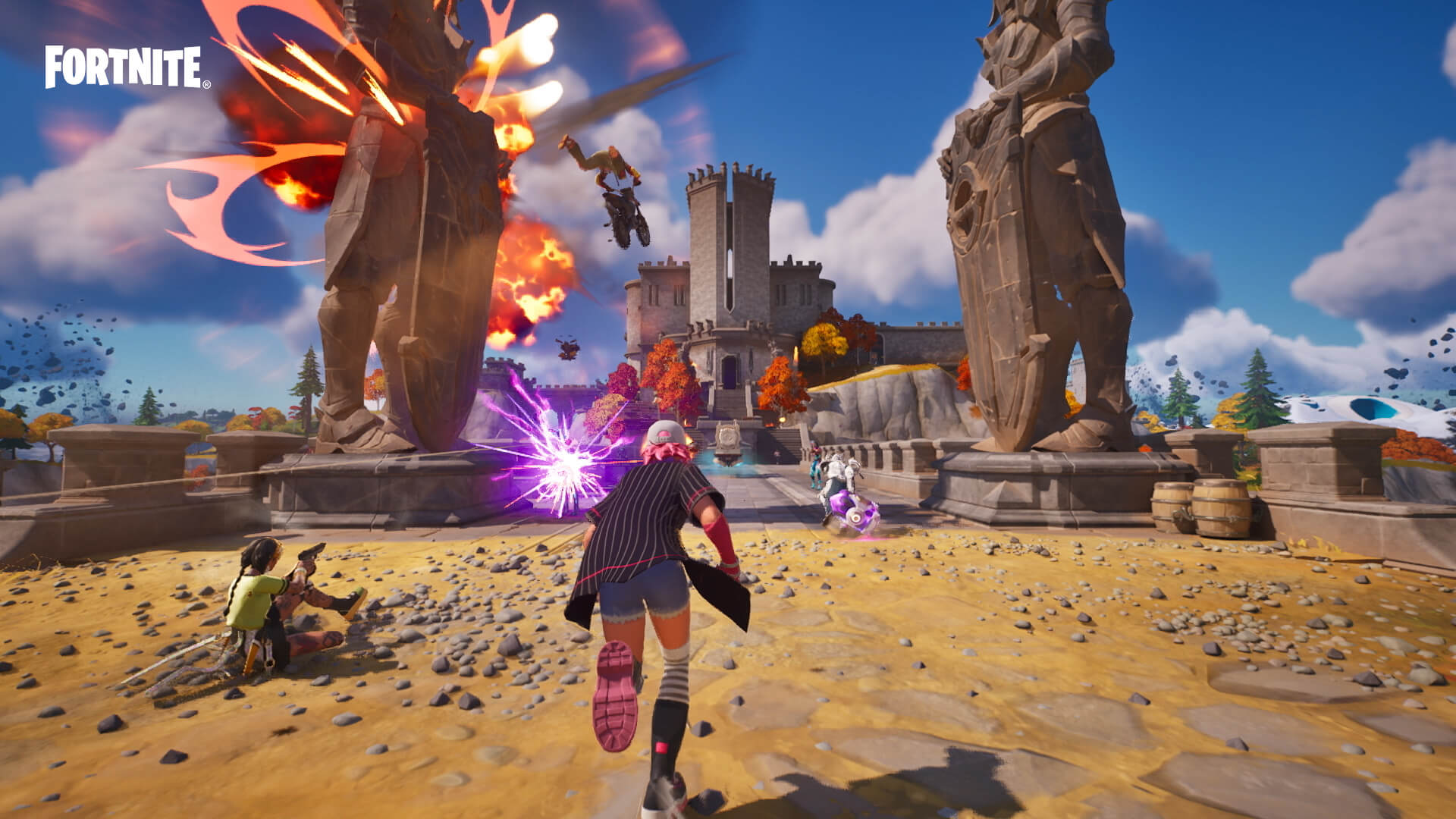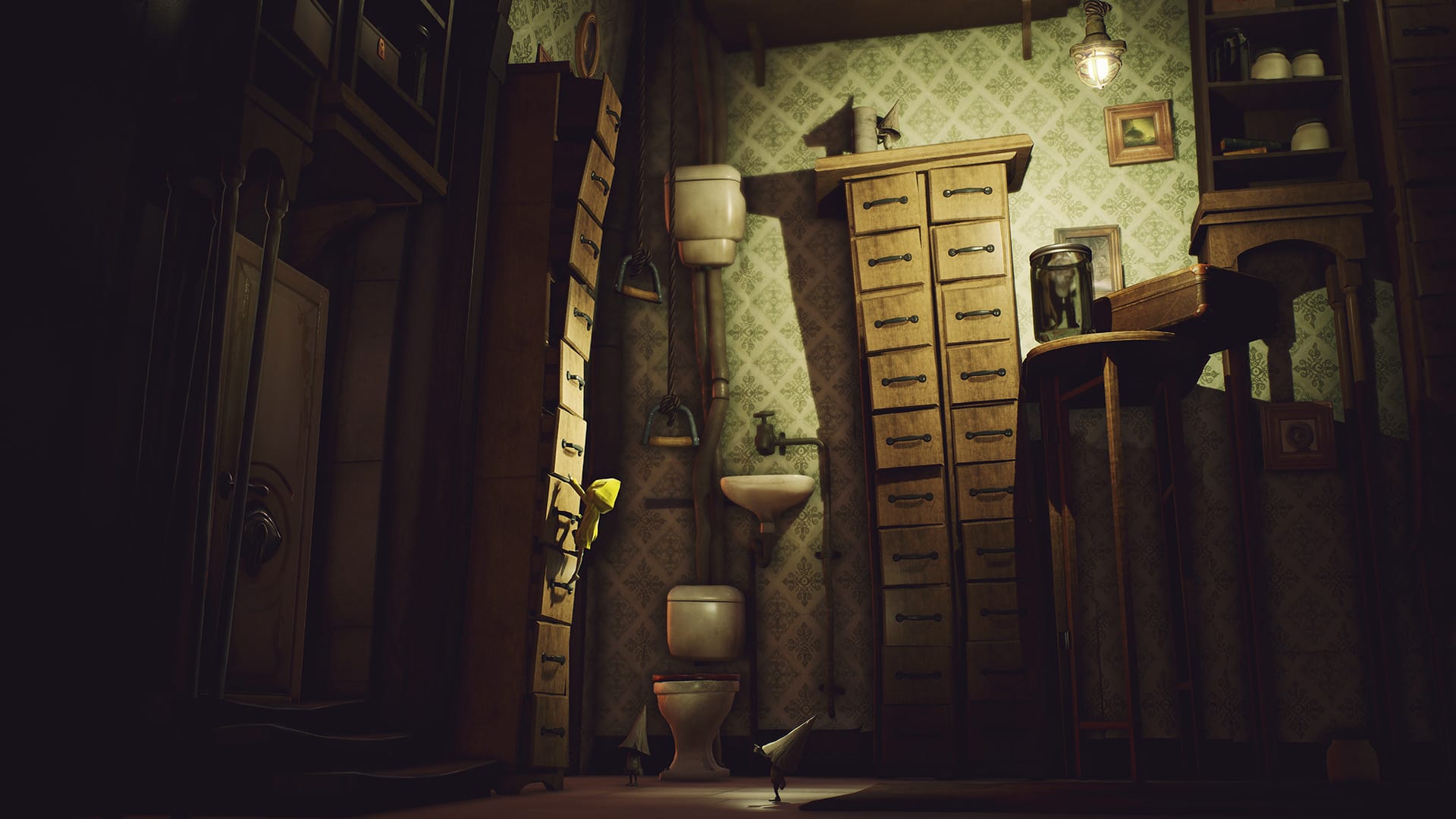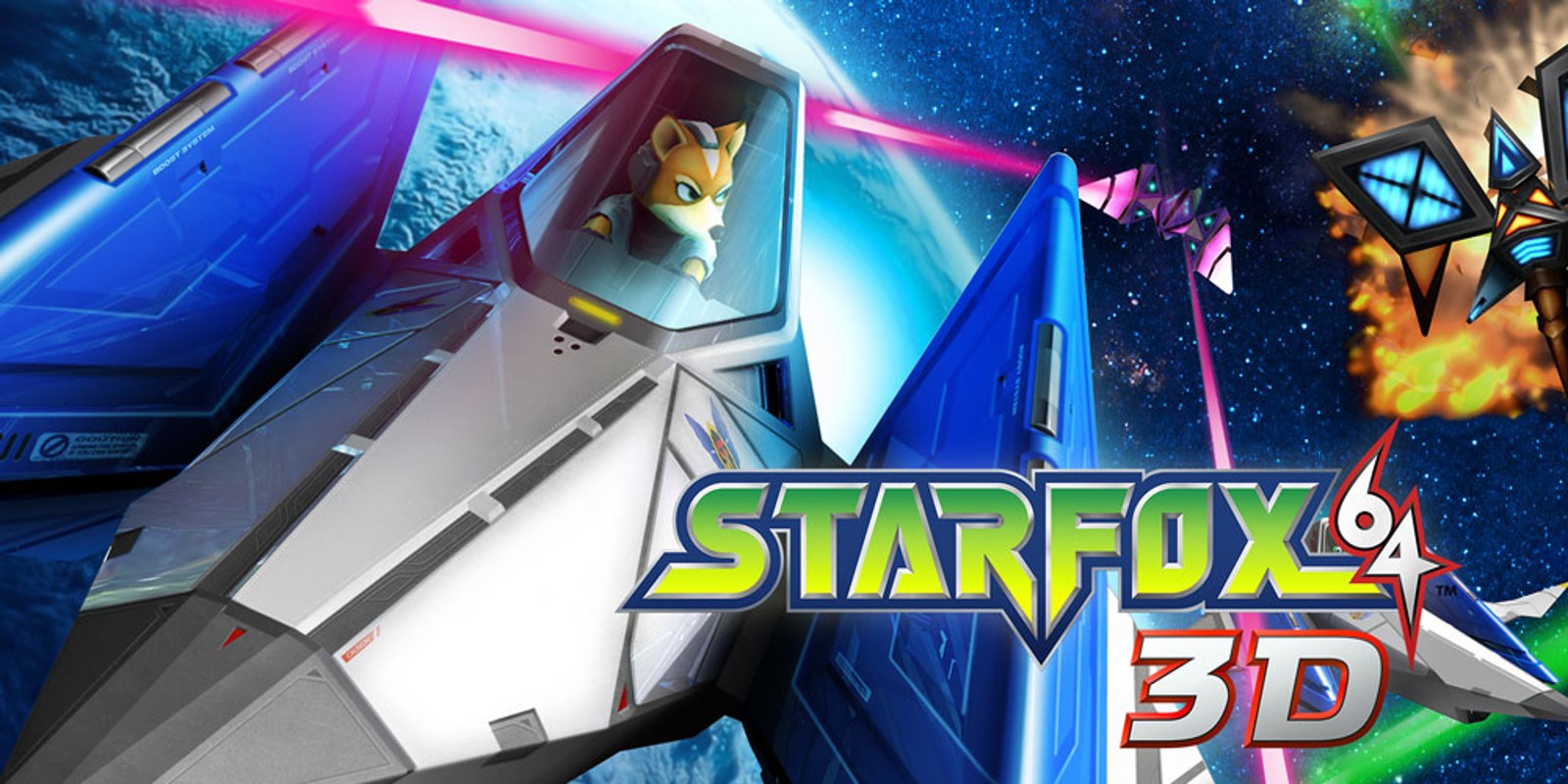Discovering How to Fully Appreciate Games
It's about the journey, not the end credits

At the height of the 2020 quarantine, I started tracking my games. I had ample time to play and finish them, but as time went on and we slowly shifted back to reality (or whatever our warped perception of reality is now) this only became harder to do.
Jobs came and went. College transitioned back into the classroom with few remote options. I realized just how long some games can be.
Year after year, big-name studios release massive, open-world adventures chock full of detail down to the last strand of hair. No matter where the journey is, somewhere along the way, there’s a stranger who needs help, a pedestrian who needs to hitch a ride, bandits and monsters roaming the land basically holding gigantic signs that say “FARM EXP HERE.” Each of these elements serves as a way for players to engage with games, and in doing so, they aim to keep players' attention even after the credits roll.
The gaming industry pressures games to offer an infinite experience, especially in an era dominated by free-to-play titles like Fortnite, Apex Legends, and Final Fantasy XIV, where content only ends when the player logs out. In the gaming world today, the backlog is an impossible goal, a vast catalog of games that may never be fully tackled.

Don’t get me wrong, I’ve met plenty of people who have mastered the art of tackling every game they buy with their hard-earned money. Despite being a hundred-hour JRPG, they can conquer it in a few days and even start discussing replaying it before shelving it. I applaud them for that.
I, however, lack that discipline.
Almost every week, there are many exciting games that present new ideas or bring back old ones that big companies have abandoned. Combine that with the games I already own but have never played, let alone beaten, and it feels as if I’m staring at the Library of Babel. So, to alleviate my backlog of some of the load it bears, I shifted my focus almost entirely. I shelved all the long RPGs I had been enjoying and prioritized shorter, easily replayable experiences that still had an ending where credits could roll. Honestly, this was the most eye-opening experience I’ve had with gaming in a long time.
My list of shorter games is... well, short. Going through my library, I noticed that my collection averaged a little over 36 hours for completion time plus anything extra (that’s including outliers like Little Nightmares which have a HowLongToBeat citation of five hours at the time of writing). Most of my games lasted anywhere from 20 to 50 hours, which is a good sign, showing that my collection is quite diverse. However, this makes it impossible to finish anything in a single-play session realistically.

When I pivoted my focus, I took aim at the five-hour rail shooter, Star Fox 64 3D. I played the game as a kid, but never got far enough in the seven-level segments to actually see the seventh level. Fast forward to now, over ten years later, and I’ve had a blast zipping around in my Arwing, trying to achieve a high score. Despite the limited range of movement, each level has secret paths that make up for it. Even more exciting is the dynamic gameplay, like flying through ring-shaped rock formations or using levers to change the train’s path and unlock different endings. Every level has a different total score required to earn medals, which are minor achievements. They change nothing about the levels or the ending, but they’re fun ways of incentivizing replaying stages.
After seeing all these options, beating Andross for a third time, and being able to squeeze in play sessions during my lunch break at work, I realized that my perspective on Star Fox had been entirely different from that of any other game I’d been playing this year. I wasn’t trying to become a part of the world; I was trying to beat a high score.

I realized how many game scores I had ignored. Final Fantasy XVI’s Arcade Mode gives the player a score based on showing a clear mastery of system mechanics. Most platformers have scores based on beating enemies and collecting items, but I usually ignore them because my goal is to get to the end.
I realized I had been focusing solely on the promoted game elements, getting lost in fictional worlds and fantasy stories, but I wasn’t experiencing the games in their entirety. I completely redirected my attention to fit this broad scope, and in doing so, I discovered the many overlooked details in games. Character designs popped out more, and soundtracks and sound design became more integral to the experience, to where I scarcely play games without headphones now. I even started paying greater attention to the physical haptics that most new games offer as a feature, like reactive triggers and controller vibrations. The atmosphere of games became far more detailed than I'd ever experienced before.
So, my backlog has taken a bit of a shift. I’ve been able to beat smaller games in a matter of a few days. The 30-hour bulk of my backlog has taken a backseat to these smaller adventures while I try to beat them again and again until I feel satisfied.
I’ve also journaled about my individual play sessions, wanting to engage with these short bursts of playtime more intimately than before. And now, the time to complete games in my backlog has become less of a beast, and more of a playful statistic. I’ve taught myself to experience games more wholly than before, leading to even more enriching gaming moments.
Here's to experiencing games to their fullest as a unique medium of art, offering infinite enjoyment in a finite reality.